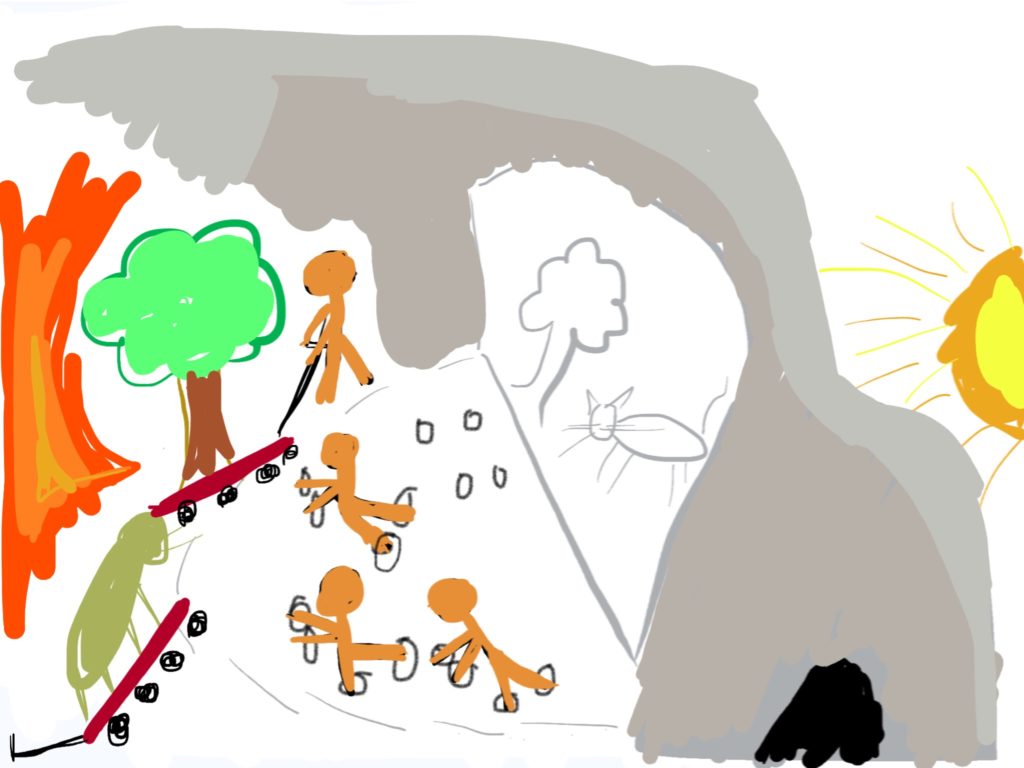
My teaching emphasizes collaborative learning through group deliberation, as well as the need to make philosophy accessible to students from a wide range of backgrounds, experiences, and learning needs. I do this by crafting more inclusive syllabi and consciously seeking to provide alternative ways by which students can demonstrate their proficiency of the course material.
I have designed and taught these courses as primary instructor at Creighton and at Stanford:
- History of Ancient Western Philosophy: An intensive, upper-division thematic survey of ancient Greek and Roman epistemology, metaphysics, or ethics, reading both primary and secondary sources.
- Moral Philosophy: An upper-division undergraduate course on contemporary ethics, focusing on topics like blame, shame, aggregation, constitutivism, and misogyny.
- Philosophical Ideas: Reality, Knowledge, and the Good Life: An introduction to theoretical and practical philosophy through historical and contemporary texts
- Honors Foundational Sequence 1: Beginnings of the Christian Tradition: A great-books style, introductory survey on Greek, Roman, and early Christian primary sources in literature, history, politics, philosophy, and theology.
- Digital Privacy and Ethics: An application of ethical and political perspectives to the issue of privacy, especially applied to recent and emerging digital technologies.
- Happiness in Ancient Greek Philosophy: A survey of Greek ethics for non-majors, with a focus on ethics.
- Greek Philosophy: A survey of Greek metaphysics, epistemology, psychology, ethics, political philosophy for majors.
- Love in Moral Philosophy: A look at the debate about the problem partiality poses for contemporary ethical theories, for students who have taken the introductory ethics class.
I have taught these courses as Civil, Liberal & Global Education Fellow:
- Why College? Your Education and the Good Life: First-year liberal arts requirement on the aim of education emphasizing diverse perspectives, ranging from Seneca to DuBois.
- Health Care, Ethics, and Justice: An introduction to the ethical and political question of health care allocation at the institutional and bedside levels.
- Rules of War: An introduction to just war theory and the legal rules that govern the resort to and conduct of armed conflict
- Emotion: An introductory survey of emotions and their place in human life through the perspectives of philosophy and psychology
Please contact me if you would like to see a syllabus for, teaching resources from, or more information about each course.